Top Reasons for Sudden Hair Fall – Causes & Prevention Tips
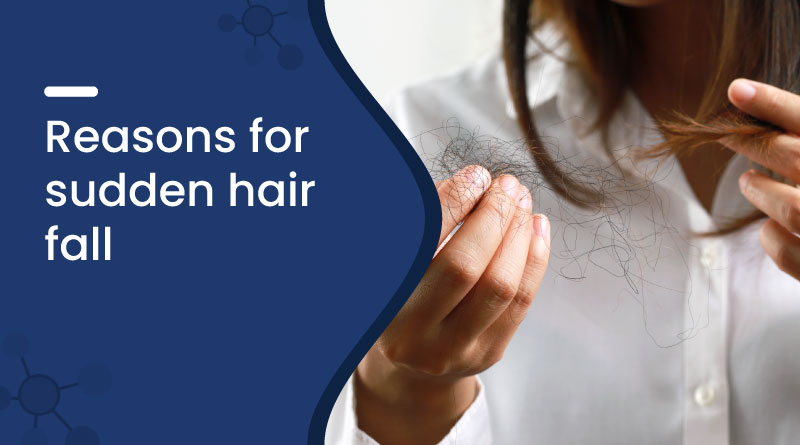

Minoxidil 5% Topical Solution
Biotin (5mg) + Folic Acid (5mg)
Eclipta alba, Convolvulus pluricaulis, N...
Hair Density (Nutritional Supplement for...
Each serving of 2 tablets contains: Vita...
Hair fall is a problem faced by individuals of every age group. It is normal to lose some hair strands on a daily basis, but if you suddenly see extreme hair loss, it may be worrying and point to underlying problems. Through this blog, we will understand hair fall, possible reasons, ways to manage hair fall, and how to maintain hair health.
What is Hair Fall?
Hair fall is the loss of hair strands from the scalp, leading to thinning or reduced hair volume. On average, losing 50–100 hairs per day is considered normal as part of the natural hair growth cycle. However, when this number increases significantly or when hair starts falling in clumps, it may suggest an imbalance or a health condition that needs attention.
Causes of Sudden Hair Fall
There are multiple internal and external factors that can result in sudden hair loss. Understanding these causes can help you take timely steps toward prevention and recovery.
- Stress and Anxiety: High levels of physical or emotional stress can push hair follicles into a resting phase, leading to telogen effluvium, a condition where hair sheds more than usual. This type of hair fall usually occurs a few months after a stressful event.
- Hormonal Imbalance: Changes in hormone levels due to pregnancy, childbirth, menopause, thyroid disorders, or polycystic ovary syndrome (PCOS) can cause sudden hair thinning or loss.
- Nutritional Deficiencies: Lack of essential nutrients like iron, vitamin D, biotin, zinc, and protein can weaken hair roots, making hair prone to breakage and shedding.
- Medical Conditions: Autoimmune diseases like alopecia areata, scalp infections, or chronic illnesses can result in rapid hair loss. Certain medications used for treating cancer, depression, or blood pressure can also have side effects like hair thinning.
- Sudden Weight Loss or Crash Dieting: Extraordinary weight loss or following strict diets can deprive the body of essential nutrients, which may result in increased hair shedding. The body redirects its energy toward vital organs, leaving hair follicles undernourished.
- Chemical Treatments and Heat Styling: Excessive use of chemical-based hair products, dyes, and frequent heat styling can damage the hair shaft and weaken roots, increasing breakage and fall.
- Infections and Scalp Issues: Conditions like dandruff, fungal infections, or seborrheic dermatitis can block hair follicles, cause inflammation, and disrupt normal hair growth.
Haircare Products and Supplements Available at Zeelab
| Products | Key Features |
|---|---|
| Densihair Softgel Capsule for Women | Helps thickening of hair and increases density |
| Oreva Nugain Vitamin E Hair Serum | Reduces split ends, gives hair a shiny and smooth look |
| NatureXprt Mysilk Hair Oil | Strengthens the roots of hair and also reduces dandruff |
| ZEELAB Onion Oil | Reduces hair fall and promotes growth |
How to Prevent or Treat Hair Fall
Preventing and treating hair fall requires a combination of healthy habits, proper hair care, and, when necessary, medical support. Whether your hair fall is due to stress, poor nutrition, or hormonal changes, adopting the right approach can make a noticeable difference.
- Take a Balanced Diet: A diet full of nutrients can support healthy hair growth. Include foods that are rich in iron, vitamins, protein, and zinc.
- Be Gentle with Your Hair: Avoid tight hairstyles, harsh shampoos, and excessive brushing to reduce hair breakage.
- Manage Stress: High-stress levels can trigger hair fall. Doing meditation, yoga, and deep breathing can help calm the body and mind.
- Try Natural Remedies: Use coconut oil, onion juice, or aloe vera to nourish the scalp and strengthen hair roots.
- Use Mild Hair Products: Opt for sulfate-free, gentle shampoos and conditioners to avoid scalp irritation and dryness.
- Stay Hydrated: Drinking enough water keeps your scalp healthy and supports proper nutrient circulation to hair follicles.
Conclusion
Sudden hair fall can be distressing, but identifying the underlying cause can lead to effective solutions. Whether it’s due to stress, nutritional gaps, hormonal changes, or scalp issues, early intervention plays a key role in recovery. Simple lifestyle modifications, proper nutrition, and gentle hair care practices can go a long way in maintaining strong and healthy hair. If the condition persists, consulting a healthcare professional is always recommended.
Frequently Asked Questions (FAQs)
Q. What are the reasons for hair fall?
A. Several reasons can cause hair fall, such as stress, poor diet, hormonal imbalance, and side effects of medicines.
Q. How much hair loss is normal?
A. Losing 50–100 hair strands per day is said to be normal.
Q. How do I stop hair fall?
A. To prevent hair loss, try to have a balanced diet, take essential vitamins, stress less, and take good care of your hair.
Q. Can a season change also cause hair loss?
A. Yes, seasonal changes can play a role in hair shedding. Temperature changes and a moist environment can cause hair loss.

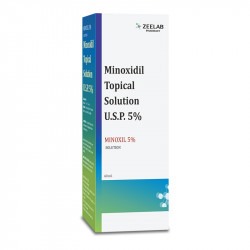


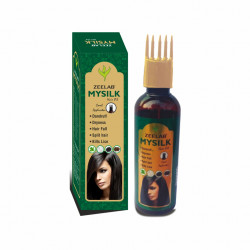
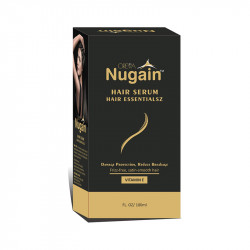
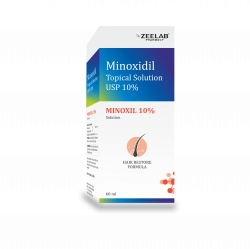
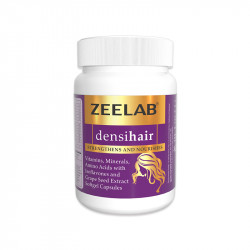


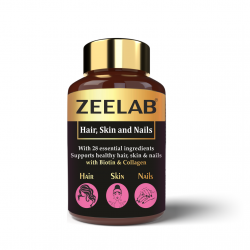
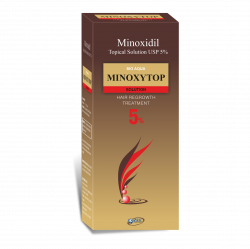







 Added!
Added!